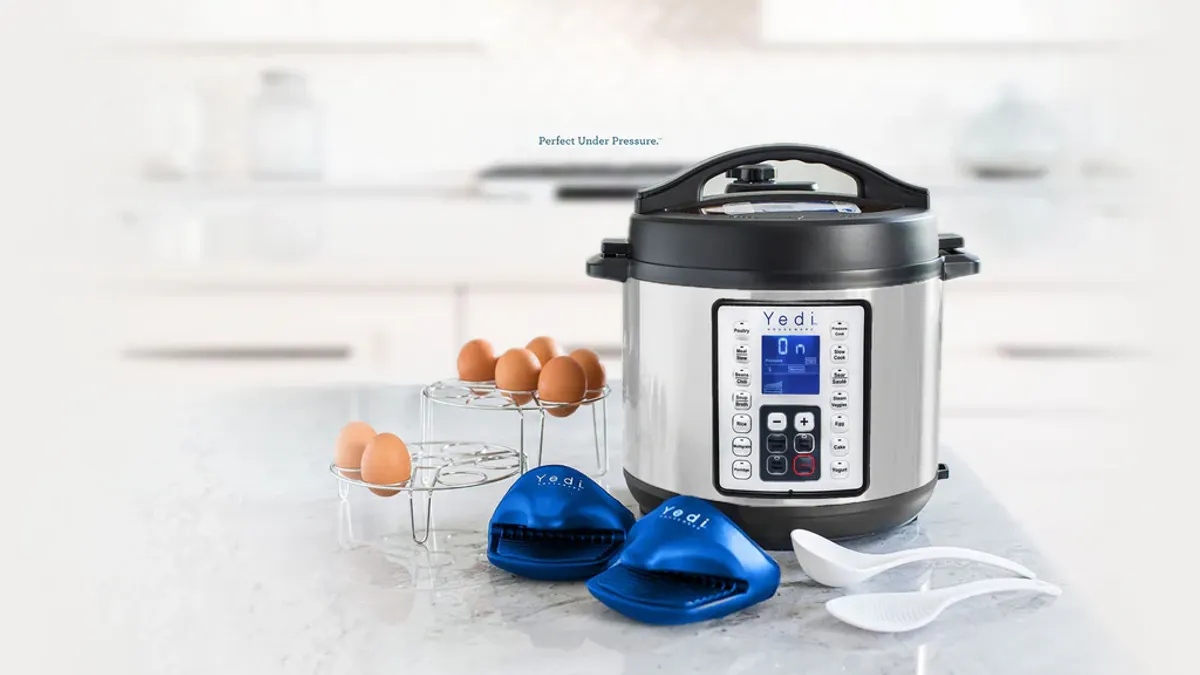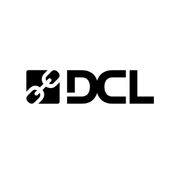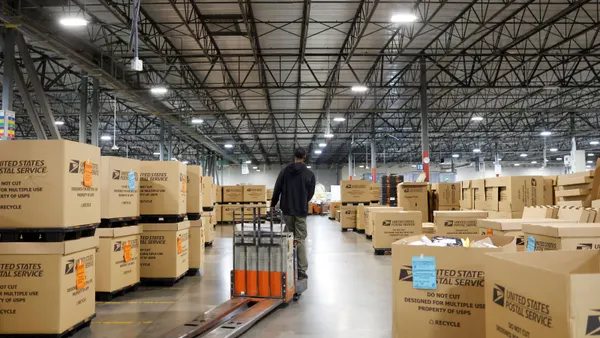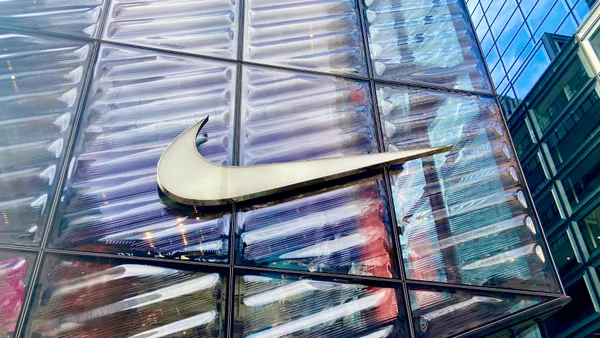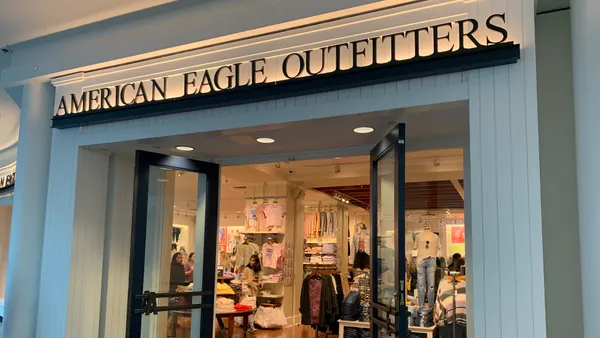The Trump administration’s tariff-heavy trade strategy is rocking supply chains of all sizes, including Los Angeles-based Yedi Houseware, a small- to medium-sized business that distributes products such as air fryers, grills and dinnerware.
Targeted tariff rates on imports from China, which reached at least 145% earlier this year, have been particularly challenging for Yedi. However, while the increases have spurred other companies to accelerate a pullback from the country, the appliance distributor has no plans to diversify its supply base
“There is no country outside of China that could make — I'm giving an example — hundreds of thousands of air fryers in a year, in the same quality and same standards as we expect,” Yedi President Bobby Djavaheri said when asked about production diversification at a July 14 Port of Los Angeles media briefing. “Some of our factories in China are looking to outsource to sister factories in Malaysia and Thailand and Indonesia, but I've yet to receive a final sample to even test, but I don't have hopes for that in the near future.”
Instead, the SMB, which distributes its products to off-price retailers including T.J. Maxx, Marshalls and HomeGoods, has decided to leverage other strategies to offset the impact of tariffs.
In anticipation of duties during Trump’s second presidential term, Yedi decided to frontload about five months worth of inventory around January, whereas typically the brand would import three months worth, Djavaheri said. He also noted that Yedi imports about 50 to 100 twenty-foot equivalent units annually.
The company is also critically examining its inventory mix, “carefully picking and choosing which SKUs to bring in that we could turn at a better pace,” said Djavaheri. He further clarified that Yedi will import half or less than half of the SKUs it would normally bring in.
Yedi is also raising prices by about 10%, and is choosing to absorb the rest of the costs, Djavaheri told media representatives during the briefing.
“It's simply impossible to pass on all of it because folks aren't going to buy the product, especially in our business,” he said. “Small electrics and dinnerware is a very small margin business.”
According to Djavaheri, consumers and retailers are already expecting higher prices. Several retailers and brands, including JM Smuckers and Barbie manufacturer Mattel, have already begun prepping for price increases.
“Go ask Ross,” Djavaheri said. “They got price increases for me — no pushback.”
Tariffs have hit businesses hard, especially SMBs with “no capacity to absorb tariffs,” National Retail Federation VP for Supply Chain and Customs Policy Jonathan Gold said in a recent report.
Indeed, Djavaheri told the press that he anticipates a “very bad year” for businesses. When an SMB has to spend hundreds of thousands of dollars, for instance, that could be the profit margin of a single year, he explained.
“So if I'm one business that is feeling this so-called short pain, and I'm telling you that it might take me a couple years to get out of it, how do you think that ripple effect is going to affect others?” he said.


